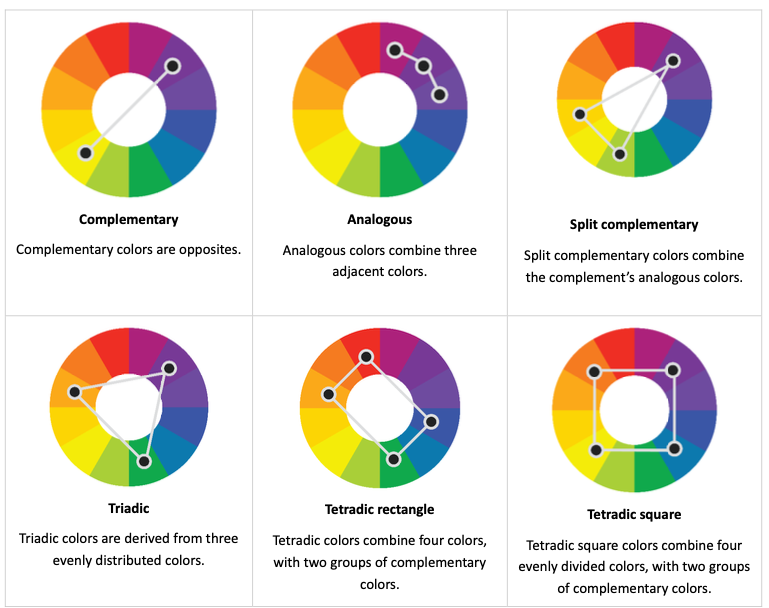Things to Consider When Thinking
About Color Psychology

Cultures
Consider your target audience when choosing colors. Different cultures have different color associations and sometimes they can make different color distinctions. For example, in western countries red might be associated with passion or urgency, while in China it can be associated with luck and happiness.

Accessibility
When thinking about choosing colors, consider doing research on building color palettes for color blind people. It can be difficult when factors such as brand color and UX requirements have to be considered, but following good accessibility practices can allow for more wide-reaching emotional color associations.

Associations
There are a lot of cognitive associations to color. For example, people associate red with stopping because of stop signs and traffic lights. Color associations can be formed from individual experience, in groups, and culturally. Color trends and associations can also change over time.
